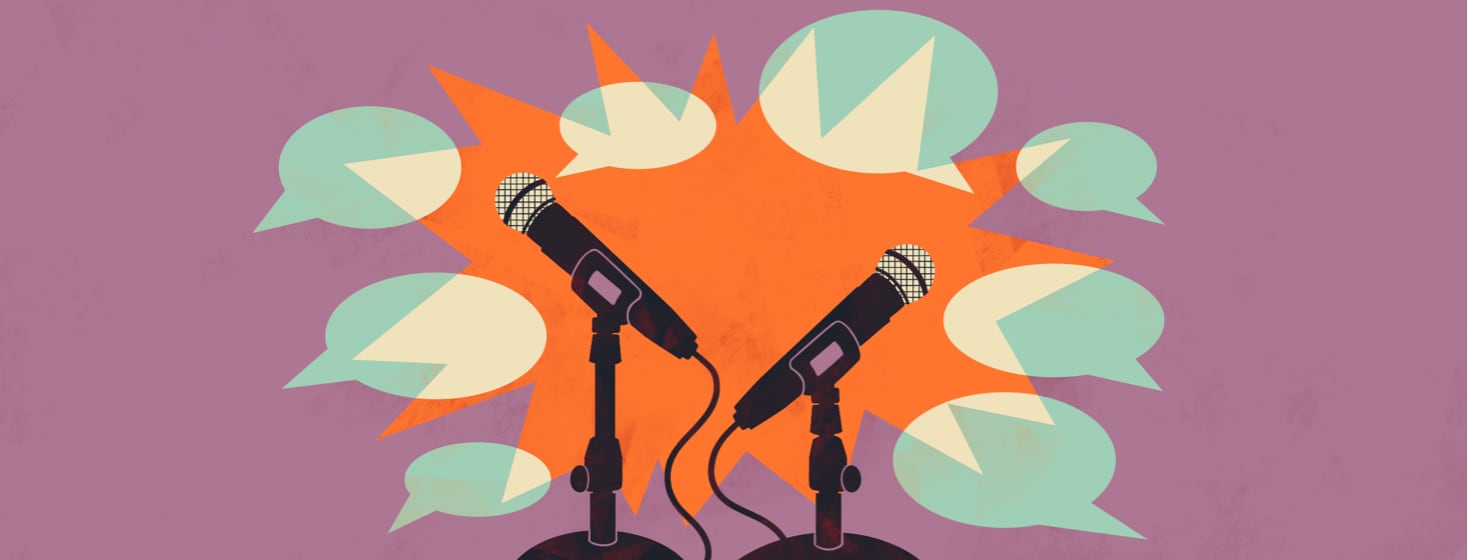What Helps You Manage the Burden of Chronic Hives?
It can take a long time to learn what lightens the mental, physical and emotional load for you when managing a chronic illness such as chronic hives. Especially if you are recently diagnosed, or haven't yet had a chance to connect with anyone else also living with this condition. We wanted to help our community by going straight to the source: our health leader team. We asked them to share who (or what) helps them to manage the burden of living with chronic hives.
Answers from our health leader team
Response from Andressa
Depends on where my hives are, I'm trying to do a couple of things when I see or feel that my hives are going to show up. I try to relax, go for a walk, watch a funny video, do something fun with my princess. During the morning and evening showers I also try to keep doing my extra self care activities: facial and sometimes a pedicure. When the hives are worse I sleep early because the hives are making me very tired. Sometimes I try to listen to music before sleeping and sometimes I just relax and fall asleep. Distraction is most of the time a good way to not think about the hives. I wish there was a formula to make it easier to deal with hives, because it feels like a rollercoaster.
Response from Lynn
Although I never feel fully in control of my body, or its reactions to the world around it, I do not face this struggle alone. I feel so grateful to have one constant support in my life who makes me feel seen, heard and unconditionally loved: my Service Dog, Dr. Smallz. No matter what kind of hives have flared-up, or what kind of day I’m having, he greets me excitedly, happy to see me from the minute I arise in the morning. Even when I wake up already in pain, which is far too often, he gives me a reason to get up and lifts my mood with his sheer enthusiasm for life.
Response from Elisa
When my chronic hives have flared in the past, my first stop is my bedroom. I like to sit on the edge of my bed and focus myself in on what’s going on in my body. I have a checklist I go through:
- Did I eat something that may have triggered it?
- Did I get too hot in my clothes, or were they too restricting?
- Is my body inflamed from a combination of factors?
- (In my case) Is this just hives, or is it anaphylaxis?
Once I’ve gone through my checklist, I have many options of what I can do based on the answers to my little self-questionnaire. Then I find my husband or text him and go through my plan of action. My husband is my sounding board, and is good at listening and asking questions. My best friend also deals with chronic illness, and provides a great deal of support. She has been my rock in a few anxiety-ridden health situations in the last year, and I have no clue what I’d do without her.
Response from CJ
When I first experienced my chronic hives outbreaks, my husband supported me every step of the way. He helped me while trying to find out possible causes. He helped take care of the household while I rested because I often found myself very exhausted and he would just sit and comfort me when I got frustrated about my condition.
Response from Ambre
I would have to say my best friend, Aly, centers me. We’ve been friends since high school, she’s been there though the journey of my health. When things get to be too much, or i’m overwhelmed, I know I can call her and just vent, or just talk through how I’m feeling, what i’m going through. She’s supportive, understanding, and encouraging.

Join the conversation